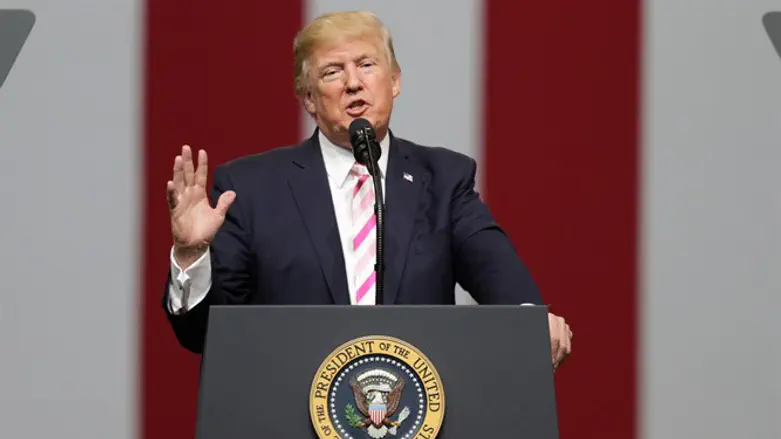
A federal district court in Hawaii on Tuesday temporarily blocked the majority of President Donald Trump’s travel ban from taking effect, The Hill reports.
Judge Derrick Watson said the third iteration of Trump's targeted restrictions on travel from eight countries, which was issued on September 24, suffers from the same maladies as the previous order, which temporarily banned travel from six majority-Muslim countries .
Trump’s order, which was set to take effect on Wednesday at 12:01 a.m., indefinitely banned immigration into the U.S. by nationals of Iran, Libya, Syria, Yemen, Somalia, Chad, and North Korea, as well as certain government officials from Venezuela.
Watson's order blocks all the restrictions except with respect to Venezuelan officials or immigrants from North Korea. He noted the state of Hawaii and the Muslim Association of Hawaii, which are challenging the ban, never asked for those provisions to be enjoined.
Watson said Trump’s third executive order — which places restrictions on entry from Chad, Iran, Libya, North Korea, Somalia, Syria, Venezuela and Yemen — “makes no finding that nationality alone renders entry of this broad class of individuals a heightened security risk to the United States.”
He further said the order also does not reveal why existing law is insufficient to address the president’s national security concerns and contains "internal incoherencies that markedly undermine its stated 'national security' rationale."
“Numerous countries fail to meet one or more of the global baseline criteria described in EO-3, yet are not included in the ban,” he said, according to The Hill.
U.S. officials maintain that the restrictions in the new travel ban are based on an objective worldwide review, not based on origin or religion.
Trump's travel bans are temporary, until proper vetting procedures – a central campaign promise of his – can be implemented.